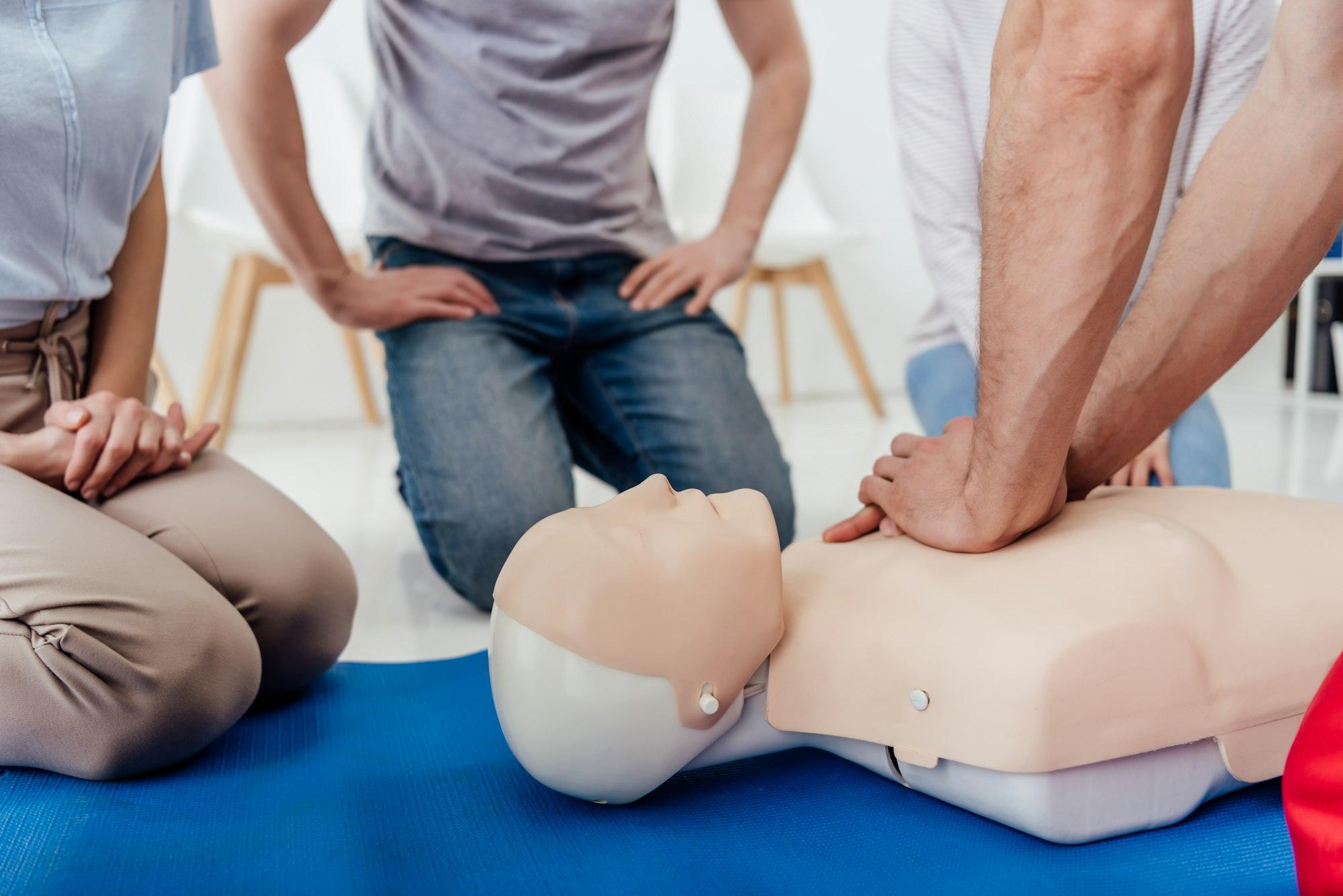Functional Skills E3 Maths
Functional Skills Entry Level 3 Maths Teaching and Learning Resources include;
- Assessment & Tracking in Functional Skills Entry Level 3 Maths,
- ‘How To’ Support Materials in Functional Skills Entry Level 3 Maths (20 units)

Unit 1 Count Read Write Order and Compare, Unit 2 Add and Subtract, Unit 3 Multiply and Divide, Unit 4 Rounding, Unit 5 Using + – etc, Unit 6 Using a Calculator, Unit 7 Fractions, Unit 8 Decimals, Unit 9 Money, Unit 10 Time, Unit 11 Length Width and Height, Unit 12 Weight, Unit 13 Capacity, Unit 14 Temperature, Unit 15 Scales and Measuring, Unit 16 2D-3D, Unit 17 Not Applicable at Entry level 3, Unit 18 Extracting Information, Unit 19 Not Applicable at Entry 3, Unit 20 Presenting Data
- Initial Assessment in Functional Skills Entry Level 3 Maths
- Learner Materials includes in Functional Skills Entry Level 3 Maths
Functional Skills E3 Maths
1, Numbers and calculations, travel, times-activity, – numbers and calculations, travel times tutor notes, 2, link your ideas’ food choices activity, – link your ideas’ food choices-tutor notes, 3, units and shapes your charity stand activity – units and shapes, your charity stand tutor notes, 4, sort and use information, my music-activity, sort and use information, music, tutor notes, 5, common measures get ready for a party activity, common measures get ready for a party tutor notes
- Lesson Plans in Functional Skills Entry Level 3 Maths
- Quality Assurance in Functional Skills Entry Level 3 Maths
- Scheme of Work in Functional Skills Entry Level 3 Maths
- User Guide, Routes & Flowchart in Functional Skills Entry Level 3 Maths
Download our “Free” Diagnostic Assessment in Functional Skills Entry Level 3 Maths. To receive the full correct answers for the Diagnostic Assessment in Functional Skills Entry Level 3 Maths, please leave your contact details and we will email them to you
Please watch the video to access your free Functional Skills E3 Maths
Functional Skills Level 3 in Maths is designed to equip learners with a range of mathematical skills that are useful in everyday life and the workplace. Here’s a brief overview of the key areas typically covered in Functional Skills Level 3 Maths:
Functional Skills E3 Maths – Key Areas Covered:
- Understanding Numbers:
- Recognising and working with whole numbers, decimals, fractions, and percentages.
- Ordering and comparing numbers.
- Basic operations (addition, subtraction, multiplication, division).
- Using Number Operations:
- Applying the order of operations
- Solving simple equations and inequalities.
- Using ratios and proportions in context.
- Measurement:
- Understanding and converting between different units of measure (length, weight, volume).
- Calculating areas, perimeters, and volumes of basic geometric shapes.
- Using scales in maps and models.
- Data Handling:
- Collecting, organizing, and representing data using tables, charts, and graphs.
- Calculating averages (mean, median, mode).
- Understanding probability and interpreting simple statistics.
- Using and Applying Mathematics:
- Solving problems in real-life contexts, such as budgeting, shopping, and planning.
- Interpreting information from graphs, charts, and tables.
- Making reasoned decisions based on numerical data.
Exam Format:
The exam usually consists of a combination of multiple-choice questions, short answer questions, and practical problem-solving tasks. The focus is on demonstrating the ability to use mathematics in practical situations rather than purely theoretical knowledge.
Tips for Success:
- Practice Regularly: Work through practice questions and past papers to build familiarity with the question types.
- Understand Concepts: Focus on understanding why mathematical processes work, not just how to execute them.
- Real-Life Application: Try to apply mathematical concepts to real-life scenarios to better understand their relevance.
- Use Resources: Utilise textbooks, online courses, and practice tools designed for Functional Skills Maths to enhance learning.
In the UK, mathematics education is structured within a national curriculum that is designed to ensure students develop a strong foundation in mathematical concepts and skills. Here’s an overview of how mathematics is taught in schools across different key stages:
Functional Skills E3 Maths
Key Stages of Mathematics Education
- Early Years Foundation Stage (EYFS) (Ages 3-5):
- Focuses on basic mathematical concepts such as counting, recognizing numbers, sorting, and understanding simple shapes.
- Activities are often play-based to foster a love for math.
- Key Stage 1 (KS1) (Ages 5-7):
- Children learn to count, recognize numbers, and perform basic addition and subtraction.
- Introduction to simple multiplication and division, understanding shapes, and measuring lengths and weights.
- Key Stage 2 (KS2) (Ages 7-11):
- Students expand their arithmetic skills, learning to handle larger numbers and more complex operations.
- Introduction to fractions, decimals, percentages, and basic geometry.
- Emphasis also on problem-solving and applying mathematical concepts to real-life situations.
- Key Stage 3 (KS3) (Ages 11-14):
- Covers a wider range of topics, including algebra, geometry, statistics, and number theory.
- Students begin to work with variables and expressions and solve equations.
- Continued focus on problem-solving, logical reasoning, and mathematical communication.
- Key Stage 4 (KS4) (Ages 14-16):
- Students prepare for their General Certificate of Secondary Education (GCSE) exams in mathematics.
- The curriculum includes more advanced algebra, geometry, statistics, and functions.
- Students develop skills for interpreting and analyzing data, and real-world applications of mathematics.










